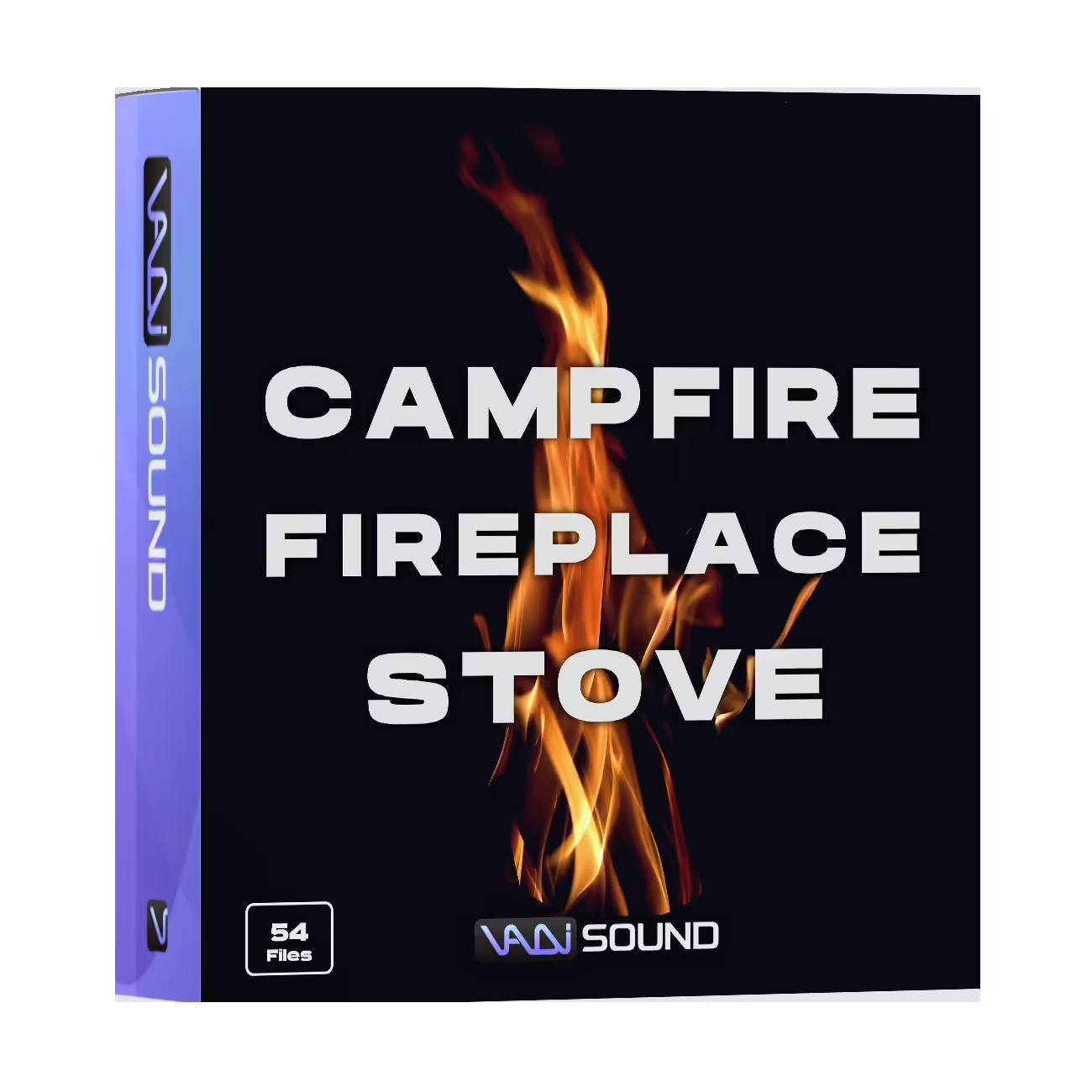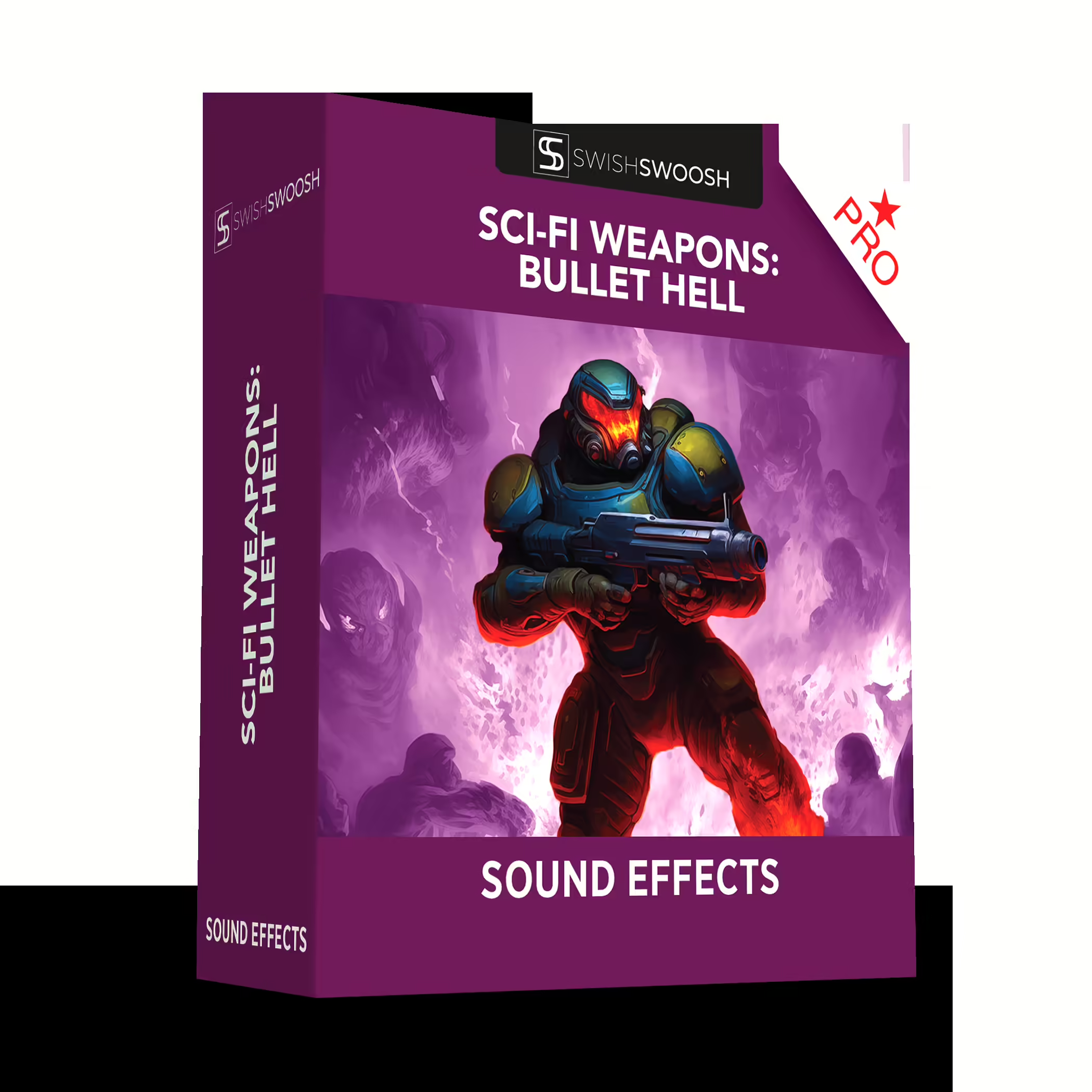But in this new Sound Opinions feature, Ryan Ike shares his thoughts on why you may be shooting both yourself and others in the foot by doing so.
Ryan is a game audio composer, but really, these thoughts can apply to anyone working in sound:
Written by Ryan Ike, and republished with his kind permission
I meet so many of you who charge 50, 20, 10 percent of what you should be, and either don’t know it, or do it because you think you have to. Want to know a secret?
You’ll get better clients/more high-profile gigs if you charge MORE, not less. I’ll explain:
First off, I’m going to talk about a few negative experiences I’ve had, but I’m not naming any names. I’m not here to shame anyone specific or target anybody, just to share my side of things.
When I was starting out, like most game audio folks, I was charging a fraction of what I should’ve been, even as a beginner. I thought I needed to “pay my dues” and “work my way up.” And to an extent that’s true; you increase your rate as your work gets better and better. When I did get a fair wage or percentage share, it was really only when devs who were already fair people offered it. I probably would’ve worked for dirt on Gunpoint because I didn’t know any better. Luckily, Gunpoint game designer Tom Francis was way too nice to let me do that to myself.
But between projects like that where the dev offered fair compensation, there were plenty of jobs where I super lowballed myself. I’m not saying the devs who accepted those low proposals are bad people, btw. Most were also broke, and needed a good deal where they could get it. When I look back at the projects in my career that were the most stressful, where clients were least respectful of my time or had unreasonable demands, there’s one throughline: on every one of those projects, I majorly undersold myself because I wanted to get the gig.
When I look back at the projects in my career that were the most stressful, where clients were least respectful of my time or had unreasonable demands, there’s one through-line: on every one of those projects, I majorly undersold myself because I wanted to get the gig.
I’m talking clients calling me on weekends or late night, when I don’t work unless it’s crunch. Demanding I get music to them on holidays, on vacations. Asking for absurd amounts of music on no deadline.
“Can you score this 4 minute trailer in 2 days?”
“Um…sorry no, that’s a couple weeks worth of work at least, and that’s with no revisions.”
“Ok well, we really need it by then. We can push it back I guess, but that’ll really hurt our schedule…”
And always, ALWAYS, these clients wanted tons and tons of revisions, way outside the normal amount. Often, they’d ask for something without really thinking about it, or deciding if it was what they wanted at all. I would end up scrapping weeks worth of work on a whim.
[tweet_box]How to get game audio pricing right – by Ryan Ike:[/tweet_box]
If this sounds familiar to you, let’s talk about why this happens. When you charge super low, you’re saying you’re not worth being treated like a pro. You don’t charge like one, so why should they treat you that way?
You immediately give the impression that you’re an amateur or a young kid looking for their break, even if you’re not. Even if you’ve never had a gig, if you can do the work, you should charge what’s fair. If not, clients see it as them doing you a favor, not a partnership. Again, not everyone is a predator or out to scam you, and a lot of this can be subconscious, but it is there. When you charge low, you’re going to end up doing a hell of a lot more work for way less money. A lot of our industry’s burnout is linked to exactly this thing.
Even if you’ve never had a gig, if you can do the work, you should charge what’s fair. If not, clients see it as them doing you a favor, not a partnership.
I know it doesn’t sound like it makes sense, but if you charge more, that’s when you start getting clients who respect your time and talent. Why? Because they’re paying for it. You don’t hire Hans Zimmer and then micromanage him, you let him do his thing.
Similarly to when you lowball yourself, charging a fair professional rate sends the message that you’re confident, that you can do the job, and that this is a business partnership, not an internship.
My pal Akash Thakkar has publicly stated numerous times that he got hired for Hyper Light Drifter – HYPER LIGHT F*****G DRIFTER – because he asked for the most money. The devs literally told him that was the reason. AAA sound people were begging to do it for free, they picked him.
For me, I’ve been super lucky to work with amazing people who totally respect my time. These include, though they’re far from the only ones, Johnnemann, Asymmetric and Nerial to name a few. The link is they all were willing to pay a fair wage, or at least negotiate to what’s doable.
You’re still going to have edits and rewrites and all that stuff, sure, but the difference is they’re all under an umbrella of respecting the stuff they hired you to do. Devs who pay well actually take time to think about how their demands will affect you.
So I’m begging you, if you won’t charge what’s fair simply because your work is worth it and you should, do it because you’ll just have a much healthier, happier time at work. We make video games, for Christ’s sake.
Oh, and someone just reminded me, this doesn’t just help you, it helps EVERYONE. You get paid and respected more, your clients get better work because you’re not submitting to neurological science experiments to pay rent, and it sets the standard that audio is worth paying for.
• How to Set (and Get) the Right Price for Your Audio Work
• 10 Essential Tips for Game Audio Freelancers
• How to be a successful sound designer – with Scott Gershin
• 5 Useful Tips for Upcoming Sound Designers and Sound Editors
• Building a successful audio post studio – with Kate Finan and Jeff Shiffman
• The ‘Quit Aspiring’ book – by Adam Croft
• Applying for a job in game audio – by Matthew Florianz
• Freelance Game Audio: Getting Started and finding work – by Ashton Morris
• Yet Another Game Audio Hiring Article – by Ariel Gross
• Hand-picked audio jobs on Soundlister
• Get the weekly Audio Jobs newsletter
• Join the Audio Jobs Facebook group
• Get a free profile on Soundlister
• Upload your demos to Soundcloud
• Upload your demos to ReelCrafter
• Find game audio community groups around the world
• Find interesting audio events around the world
• Get an audio mentor at the Audio Mentoring Project
• Read the 100s of sound stories and guides here on the A Sound Effect blog (search for stories here)
• Browse Industry Data: Game Music and Sound Design Salary Survey Results














































































































































































































































This is a really good article that gives a lot of insight into the experiences of Ryan. But I think the title of this post should contain a “why” and not a “how”. When I read “how” I expected something completely different. But it still is a very good and helpful article – especially for starting game audio people :)
Hi Nico, thanks for the input! I see what you mean in the sense that it isn’t a how-to guide as such – the ‘how’ is more in terms of thinking about game audio pricing overall. But thanks to your feedback, I’ve added a link to Kate Finan’s ‘How to get (and set) the right price for your audio work’ guide in there as well, as this provides some more hands-on pricing and negotiation tips and insights. Hope this helps! :)
I agree with Nico. The content wasn’t what I expected at all based on the title. A more appropriate title would be “Why You Should Charge What You’re Worth.”
Ok, thanks for the feedback Stephen and Nico – let’s go with that title!